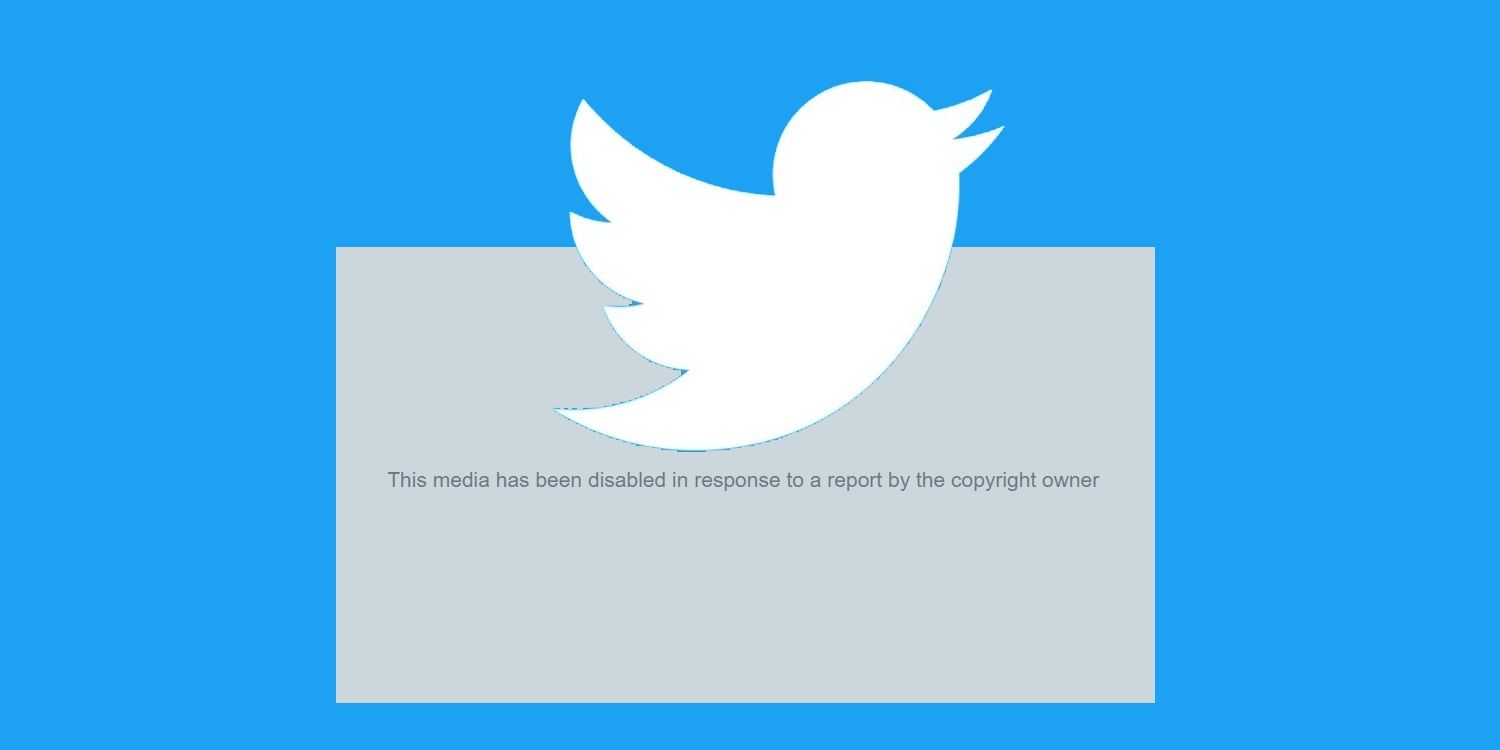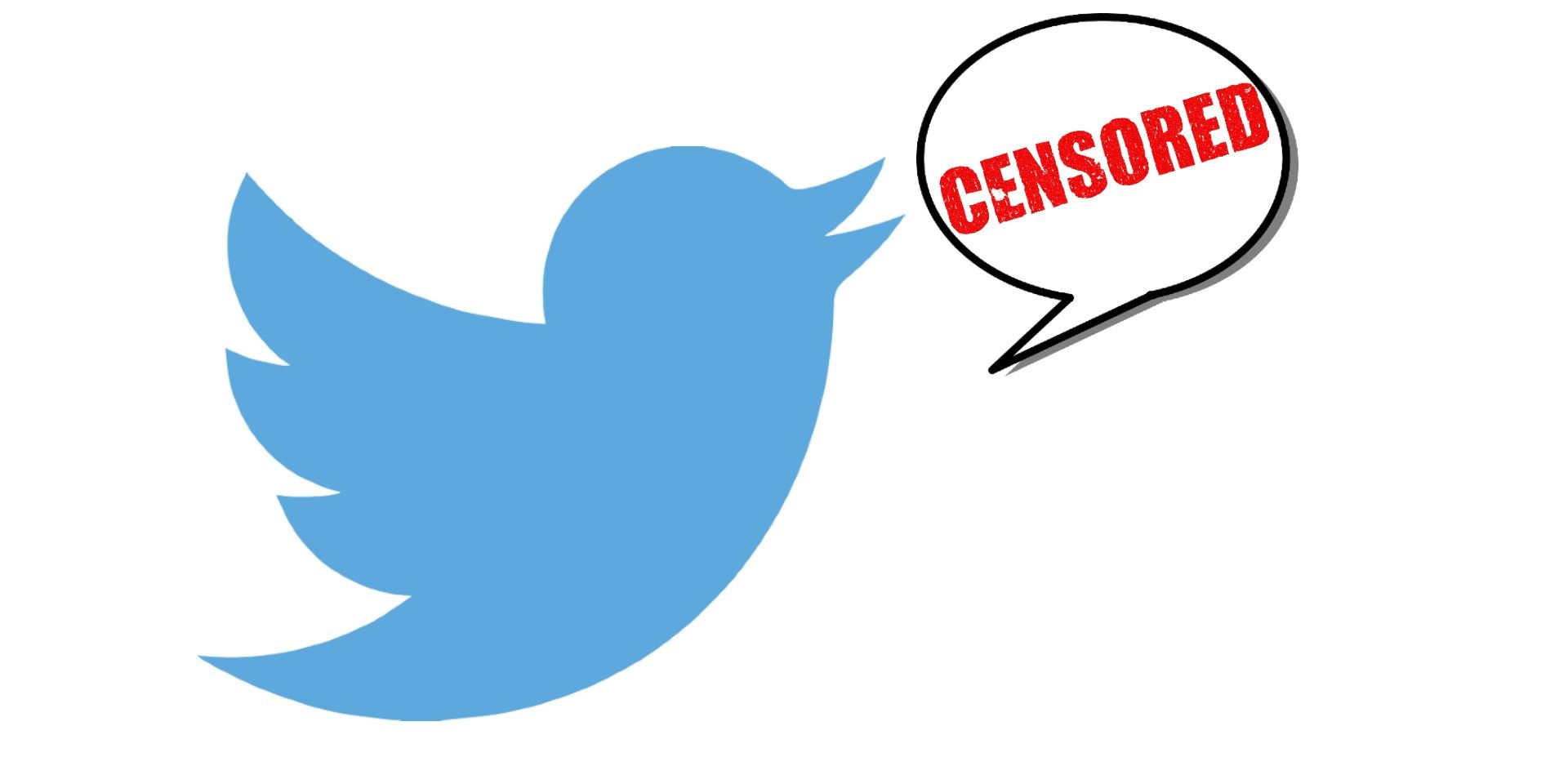A video tweeted by the Trump campaign was removed by Twitter on the grounds of a copyright claim on Thursday. Once again stoking the administration’s aggravations over the social media platform’s moderation policies and highlighting the latest example of the Trump versus Twitter debate.
President Trump’s long-strained relationship with Twitter has been coming to a head in recent days, following Twitter’s recent flagging of a Trump Tweet deemed to be inciting violence, which said, “When the looting starts, the shooting starts.” Trump responded to the flag by Tweeting a threat to regulate social media, before issuing a social media executive order to a similar effect.
On Thursday, the president and Twitter once again clashed when a video featuring the George Floyd protests Tweeted from the Trump campaign was removed over copyright grounds, as reported by Politico. The complaints came from a solo practice law firm in Burbank, California. The Trump campaign was quick to call Twitter’s removal an act of censorship, tweeting, “Twitter and @Jack are censoring this uplifting and unifying message.” Despite the Trump campaign’s protests, Facebook and Instagram also removed the same video on the same grounds Friday, citing the Digital Millennium Copyright Act. The video remains available on YouTube, which claims an altered version of the video was uploaded to its platform that didn’t contain the copyrighted intellectual property.
How Does One Censor The President?
Trump spokesman Andrew Clark said of Twitter’s recent video removal, “This incident is yet another reminder that Twitter is making up the rules as they go along,” according to The Hill. However, the Trump administration has always been quick to accuse Twitter of working against them, a tradition emanating from well before Twitter had ever taken an intervention stance. Since Facebook and Instagram both removed the Trump campaign video as well, the administration’s claims that this is a personal vendetta from Twitter doesn’t hold much water. This is especially perplexing given the decision was undertaken because of intellectual property rights. Under normal circumstances, removing a video over copyright claims is an open and shut case, and the burden for assuring the removal doesn’t happen would fall on the person who uploads the content.
There is the argument that since the video is for a federal election campaign, it’s in the public’s best interest for the video to remain freely available. However, it also shouldn’t be a small point that it’s outright bizarre a federal government body is accusing a private platform of censorship. While the FCC has taken a hard line approach for equal air time on television and radio, those policies originated because the FCC had jurisdiction over the broadcast airwaves. America’s free press allows private print press entities to moderate their own content, and it’s unclear where the line is drawn for digital platforms, especially since Twitter is expected to moderate for a global audience. As the law currently stands, Twitter’s editorial powers are protected by the first amendment and the company has the right to moderate its platform as it sees fit. The whole point of the first amendment is that it protects private speech from government interference and the way the Constitution is written, Twitter’s moderation policies are protected from the President, not vice-versa.
While the president has been intent on treating Twitter as a personal broadcast space, Twitter is a global platform best used as an aggregate service to feature publications and broadcasts rather than serve as their foundations. Whatever the protestations of any administration, the press’ autonomy for editorial control is, and should remain, an essential principle for maintaining free speech, Twitter or otherwise.
Source: Politico


